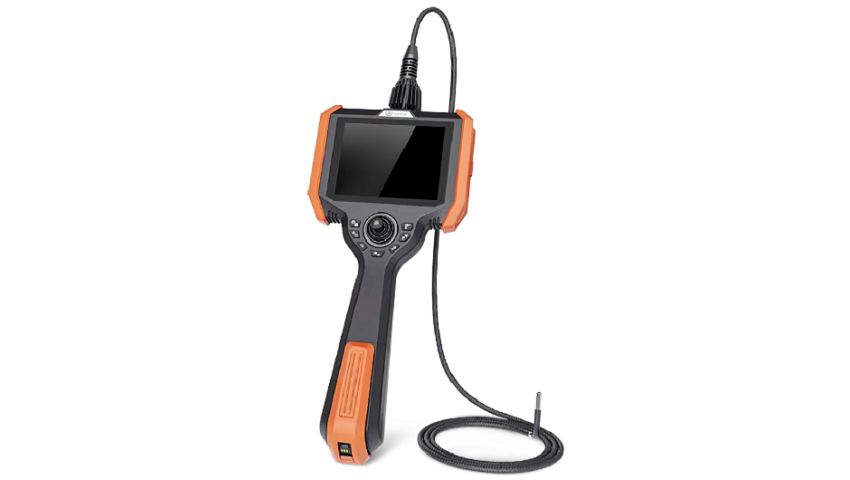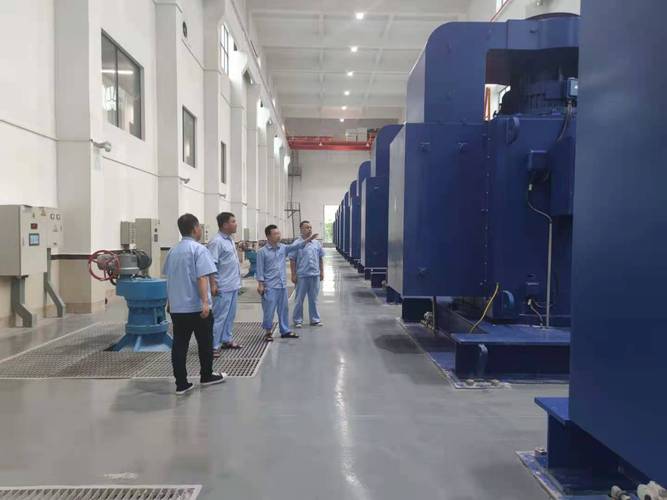How industrial video endoscopes are applied to the detection of electromechanical equipment
2023-05-08
Industrial videoscopes have become an essential tool for inspecting mechanical and electrical equipment in various industries. These devices use advanced technology to capture high-quality images that can be used to diagnose problems in equipment quickly and accurately. In this article, we will explore the application of industrial videoscopes in equipment inspection.
Firstly, industrial videoscopes are widely used in the automotive industry to inspect engines and other mechanical components. In particular, they are commonly used for internal inspection of engines, gearboxes, and other complex machines where direct visual inspection is not possible. Industrial videoscopes allow mechanics to identify potential issues such as cracks, corrosion, or wear and tear on moving parts. This helps technicians diagnose problems quickly and accurately, saving time and reducing costs.

In addition to the automotive industry, industrial videoscopes are also widely used in the aviation industry to inspect aircraft engines, turbines, and other critical components. With their ability to reach difficult-to-access areas and capture high-resolution images, industrial videoscopes are invaluable tools for ensuring the safety and reliability of aircraft. They can detect even the smallest defects, which can help prevent catastrophic failures and accidents.
Moreover, industrial videoscopes are extensively used in the manufacturing industry to inspect production machinery and equipment. By enabling inspectors to see inside equipment without the need for disassembly, industrial videoscopes can save significant amounts of time and money. This makes them a cost-effective solution for identifying potential defects and helping maintenance teams prioritize repairs.
Another area where industrial videoscopes play a crucial role is the energy industry. Power plants, oil refineries, and other energy facilities rely heavily on large, complex machinery to operate efficiently. However, these machines are often subjected to extreme temperatures, pressures, and other harsh conditions that can cause damage over time. Industrial videoscopes enable engineers to assess the condition of critical components without requiring downtime or disassembly. This ensures that equipment remains operational and reduces the risk of unplanned shutdowns.

Finally, industrial videoscopes are also used in the healthcare industry to inspect medical equipment such as endoscopes, catheters, and other devices. These tools enable physicians to obtain high-quality images of the inside of the body, which can aid in the diagnosis of various conditions. Additionally, industrial videoscopes can be used to inspect surgical instruments and other medical equipment for defects or contamination.
In conclusion, industrial videoscopes have a wide range of applications in various industries, including automotive, aviation, manufacturing, energy, and healthcare. By enabling inspectors to see inside machinery and equipment without disassembly, industrial videoscopes can save time and money while improving safety and reliability. As technology continues to advance, we can expect even more innovative uses for industrial videoscopes in the future.



